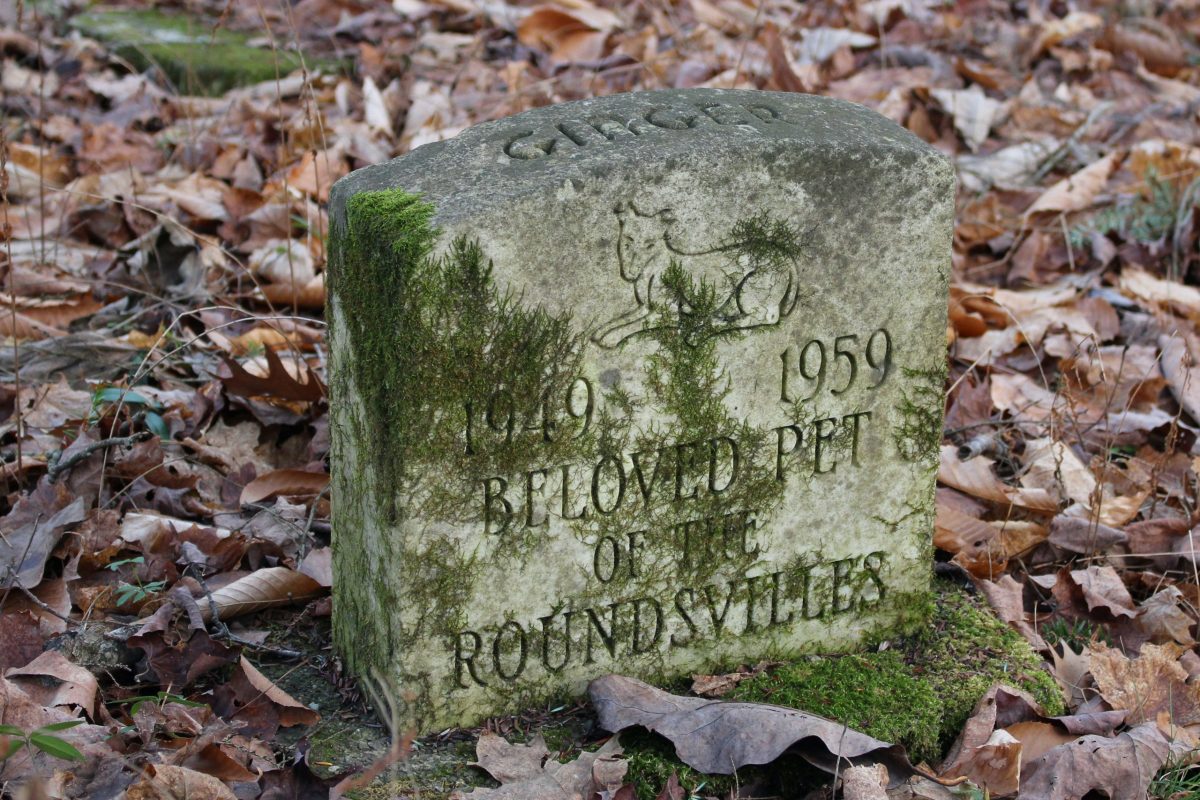Grief is a complex and natural response to loss that touches every individual at some point in their lives. Understanding the intricacies of grief can help us navigate this challenging journey with more compassion and self-awareness. As you embark on this path, here are 10 vital insights to keep in mind:
A Unique Experience
Grief is deeply personal and varies from person to person. There’s no one-size-fits-all approach, and it’s important to honour your own feelings and process.
Grief is Nonlinear
Grief doesn’t follow a set path or timeline. It consists of waves, sometimes unexpected, that come and go. Allow yourself to experience emotions as they arise.
Diverse Emotions
Grief isn’t just sadness; it encompasses a range of emotions like anger, guilt, confusion, and even relief. Embrace these feelings without judgment.
Grief Can Be Physical
Grief can manifest physically – from fatigue and insomnia to appetite changes. Taking care of your physical health can support your emotional well-being.
Grief’s Triggers
Certain dates, places, or objects can trigger intense grief. Anticipate these moments and plan self-care strategies to help you navigate them.
Grief Impacts Relationships
Grief can strain relationships as people cope differently. Open communication and mutual support are key to maintaining connections.
Self-Compassion is Key
Be kind to yourself. Grief isn’t something to “get over.” Allow yourself to heal at your own pace without self-imposed deadlines.
Professional Help is Crucial
Seeking therapy during grief is a sign of strength, not weakness. A skilled therapist can provide guidance and tools to navigate the complex emotions.
Honouring Your Loss
Finding ways to commemorate and honour the person or thing you’ve lost can aid in the healing process. Rituals, journals, or memorials can be cathartic.
Healing is Possible
While grief never truly disappears, it evolves over time. With self-care, support, and resilience, you can find a renewed sense of purpose and joy.
Remember, you don’t have to navigate your grief alone. At Sara Torrome Counselling, I am here to provide a safe and empathetic space to explore your emotions, process your loss, and embark on a journey of healing. Your grief is valid, and your path to healing is unique – let’s walk it together.









